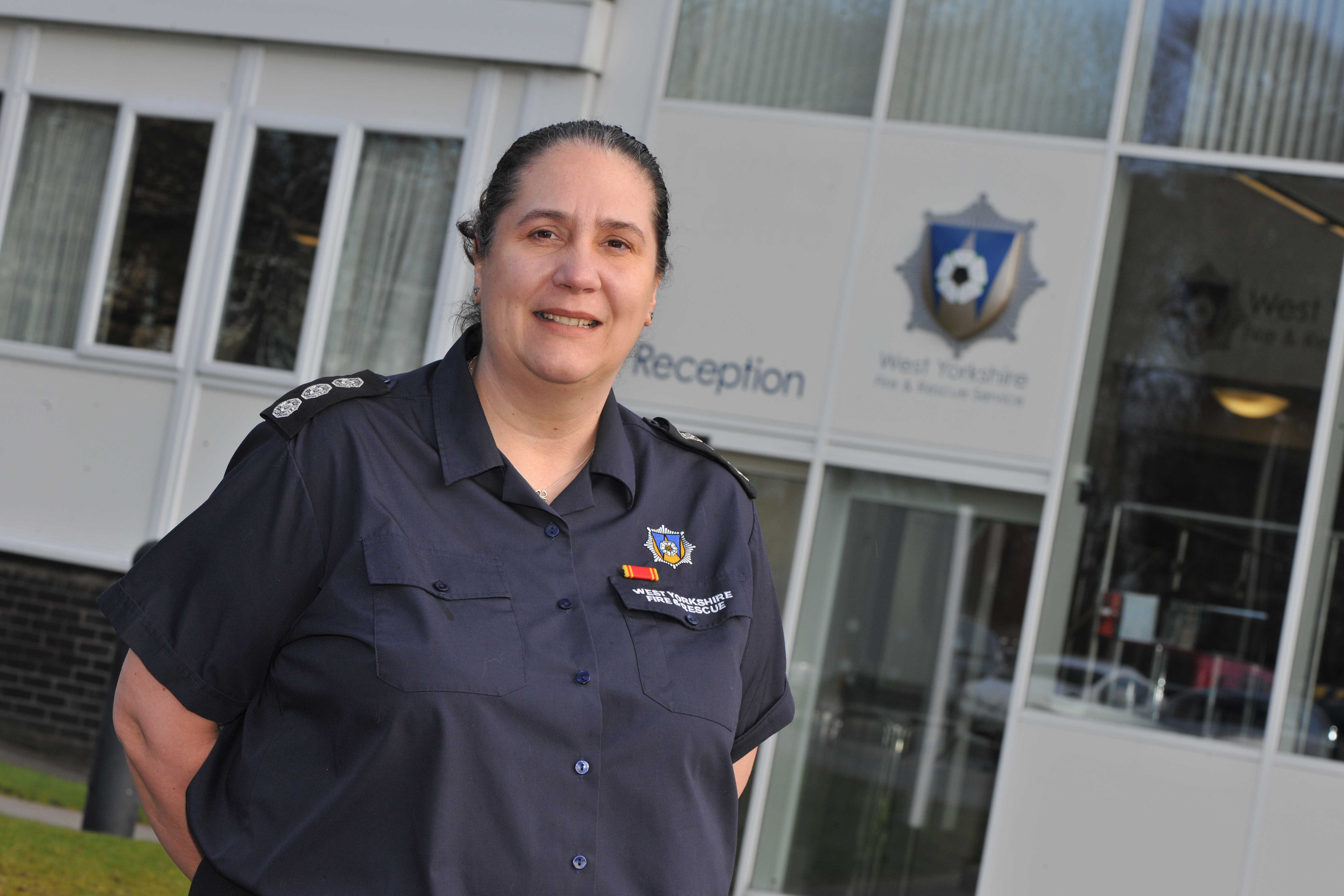
“Our colleagues here give back to the community twice through both of their roles within WYFRS. It’s also made them motivated within their work here as they can challenge themselves in ways they might not normally do through their full-time job alone.”
Company name:
West Yorkshire Fire and Rescue Service
Size:
1000-2000 employees
Location:
West Yorkshire
About:
West Yorkshire Fire and Rescue Service (WYFRS) is one of six metropolitan brigades in England and one of the busiest in the country. It covers the districts of Leeds, Bradford, Calderdale, Kirklees and Wakefield.
Emergency cover is provided 24/7, 365 days of the year. Trained and highly skilled firefighters respond to a number of incidents, including fires, road traffic collisions, flooding, people trapped and unsafe structures, to name but a few. Emergency 999 operators are trained to manage incidents and provide essential survival guidance.
How it works for us:
West Yorkshire Fire and Rescue Service enable staff to work as on-call firefighters in addition to their primary roles. Our Fire Control centre has benefited in recent years from having staff who are also on-call firefighters.
Fire Control Manager Julie Jowett says “We have three members of staff who work as on-call firefighters and with us in Fire Control and we’ve had several others in the past. – They really add a further dimension to the work we do here. The focus for us is to provide as much support as we possibly can to our operational colleagues attending emergency incidents. We are about more than just answering calls; we are evolving into the first line of incident command. This is improved by the input these staff members can provide and has helped towards Fire Control being further integrated into incident command training.”
“Their operational knowledge about equipment in use at emergency incidents has been able to provide us with a better understanding of fire behaviour and how and why our operational colleagues make certain decisions. Also the system we use to get crews to incidents is connected to each fire station and these staff members are competent with using both ends. This has been really helpful when we have been trying to understand how the station – based equipment links with how we operate in Fire Control.”
“Our colleagues here give back to the community twice through both of their roles within WYFRS. It’s also made them motivated within their work here as they can challenge themselves in ways they might not normally do through their full-time job alone. Their on-call work also gives them training in things like health and safety and manual handling which is handy in our office environment here.”
“In Fire Control we are trained to give Fire Survival Guidance when required, to anyone in our community. There have been several occasions when the operational knowledge of these staff members has proved extra helpful in the advice they can provide to a person trapped. This has enhanced the training we can deliver and has further developed our skills.”

